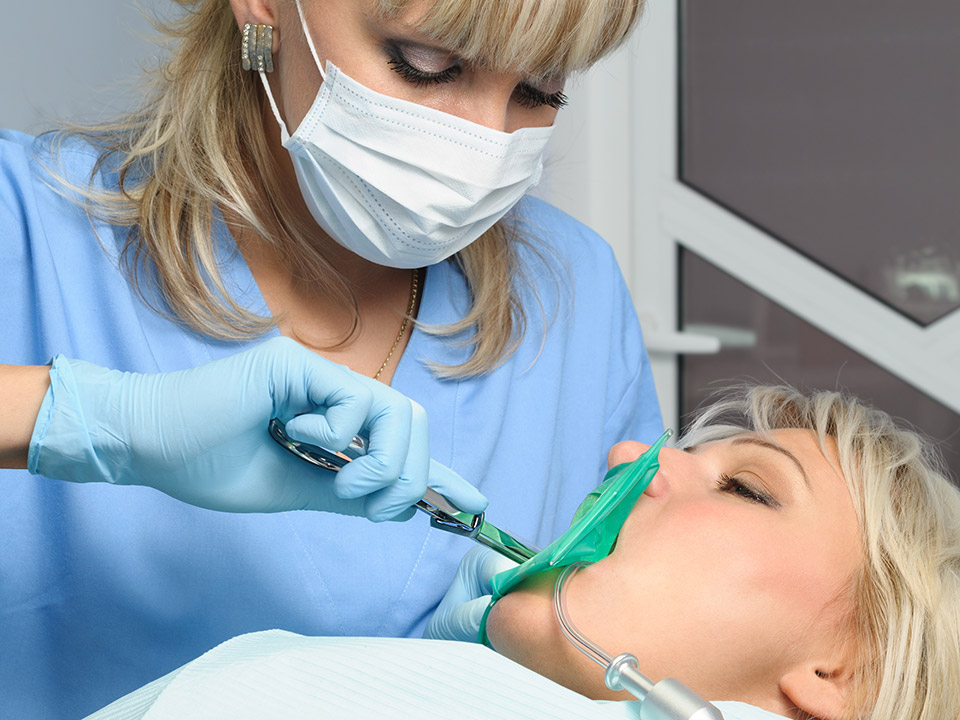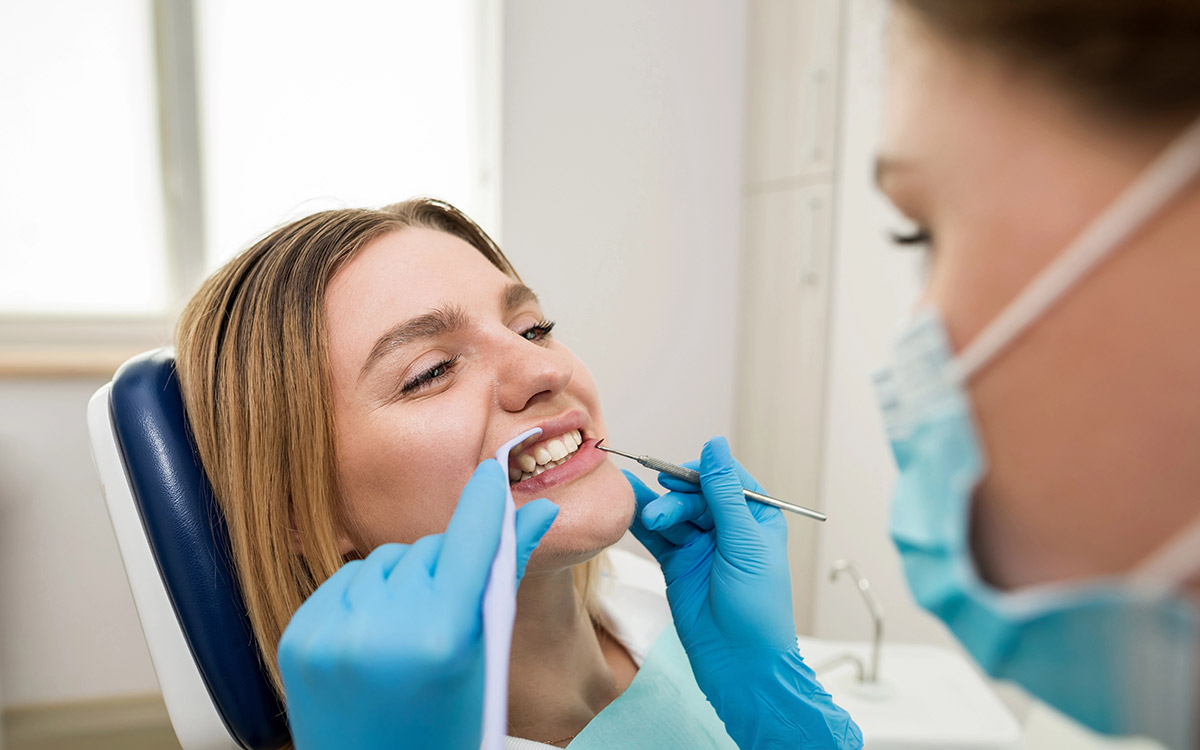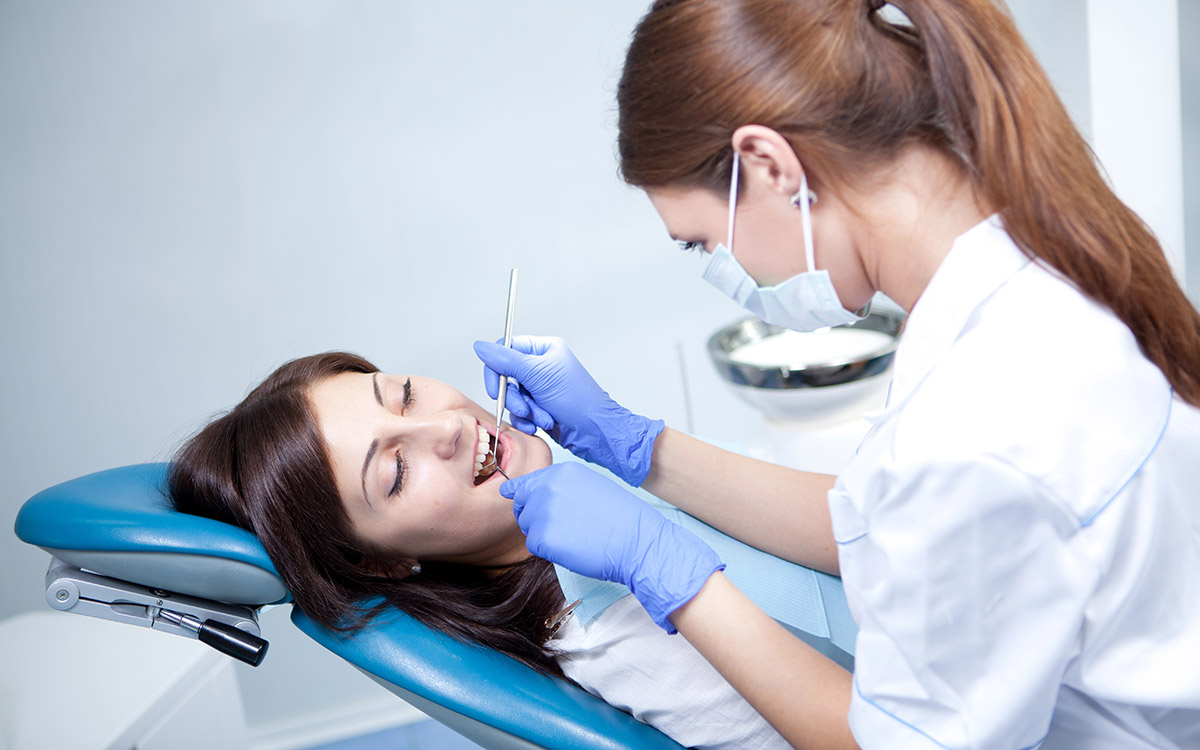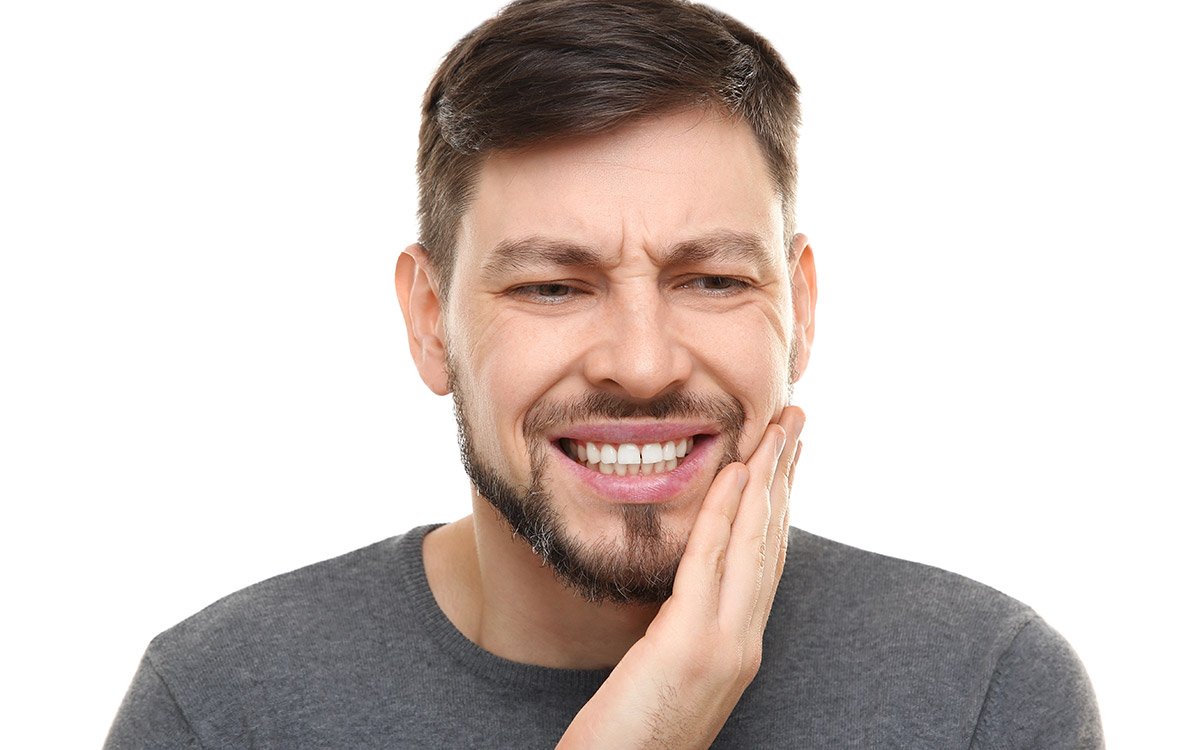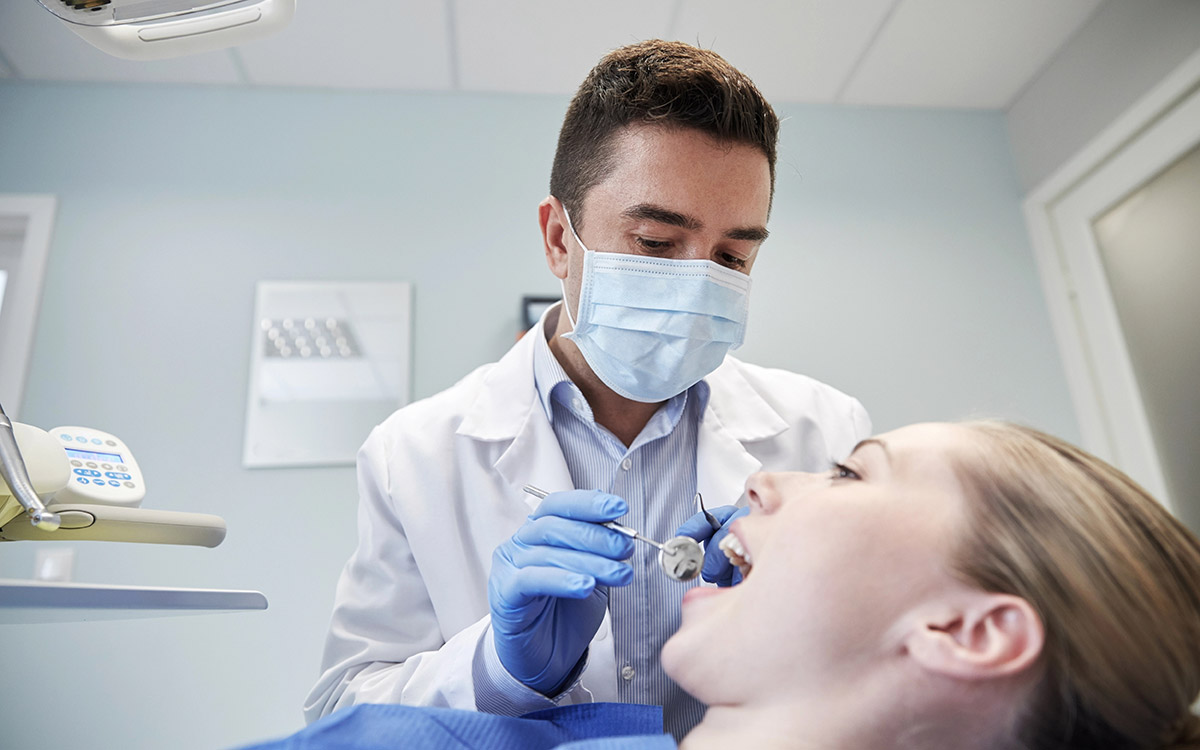Many people may think that removing your tooth is all that matters. However, you may risk getting a dry socket if you are not careful.
Getting your tooth extracted is only part of the solution. The other bit involves proper care of the extraction site for quicker recovery and avoiding complications.
Developing a dry socket is a common complication that might arise after an extraction. This article will discuss dry sockets and ways to prevent them from sneaking up on you.
What Is Dry Socket?
After removing your tooth, your body tries to heal and recover by forming a blood clot around the gap. The clot is supposed to prevent further bleeding and ensure that your gum adequately recovers from the procedure.
However, if the clot does not form properly or gets dislodged from the extraction site, it creates a dry socket.
Also known as alveolar osteitis, a dry socket exposes your bone and nerves, leading to a painful sensation and sensitivity. If you do not take good care, a dry socket can cause severe complications to your dental health and overall health.
Some of the complications of dry socket include:
- Delayed recovery of your gum
- Infection in the extraction socket
- Infection to the gum and bone
Who Gets Dry Socket?
Though dry sockets are uncommon, a few people are at a higher risk of the condition.
The location of the removed tooth is one of the primary factors determining your risk of developing a dry socket. People with wisdom teeth and molars extractions are more likely to develop a dry socket.
If you have ever had any dry socket or complications after an extraction, always let your dentist know before another extraction procedure. Your dentist will advise you on how to prevent dry sockets and speed up your recovery.
What Are The Symptoms Of Dry Socket?
In most cases, if you notice a missing clot in the extraction socket, you probably have a dry socket. Likewise, if your bone is exposed, you also have the condition.
In other cases, you may experience painful throbbing or ache in the gum or jaw. This may result from the exposure of your nerves which causes sensitivity.
Thirdly, bad breath after an extraction procedure might also indicate dry socket. Bacteria and plaque can get into the socket and slowly build up, leading to bad breath.
Furthermore, if you experience an unpleasant taste from the extraction site, you might also have a dry socket. Just like a toothache, you will also experience pain radiating to the rest of your body.
How To Prevent Dry Socket
After removing your tooth, the blood clots will protect your nerve and bone tissue. It is essential to keep the cloth in place for quicker recovery.
Here are some of the things you should avoid after an extraction:
1. Avoid using straws
Creating suctions in your mouth can cause disturbance and dislodge the blood clot. Avoid using any straws for a few days after the extraction.
2. Avoid smoking or tobacco use
Smoking also creates suction in your mouth, which can lead to the blood clot dislodging.
Secondly, tobacco use and smoking also interfere with blood flow, raising blood pressure. This may result in slower recovery leading to a dry socket.
Always talk to your doctor about smoking cessation therapies before undergoing any major medical procedure, including tooth removal.
3. Avoid brushing the extraction site.
Brushing the socket can lead to your blood clot getting dislodged. Instead of brushing, you can rinse out your mouth with warm salt water. This will help avoid any disturbance to the clot for a few days.
However, you should brush your other teeth normally, avoiding the site. After a week, you can safely start to brush the area. Make sure to begin gently until the socket fully heals.
4. Eat soft foods
Avoid eating hard, crunchy food that might dislodge the clot from the extraction site. Likewise, sticky foods can also cause a huge problem when they get stuck in your socket.
Soft foods like fruit puddings and yogurt are an excellent way to stay healthy and promote a quicker recovery. Avoid taking tough foods for about a week after extraction.
5. Avoid vigorous rinsing
Vigorous rinsing or spitting can also create a lot of pressure in your mouth, creating suctions and disturbing the blood clot. If you need to rinse, then do it gently. Instead of spitting, you can let the liquids slowly drip out of your mouth.
6. Avoid alcohol
Alcohol encourages bleeding and can dislodge your clot. Avoid alcoholic beverages and mouthwash for the first 48 hours after extracting your tooth.
7. Avoid strenuous activities
Strenuous activities can lead to increased blood pressure which will lead to bleeding. Avoid any heavy lifting for the first 24 hours after the tooth extraction to promote blood clot formation and a quicker recovery.
When Should You See Your Dentist?
If your dry socket gets infected or you experience severe pain, you should always make an appointment with your dentist.
Infections can lead to swelling and inflammation of the gums, which can be dangerous to oral health. Likewise, infections can lead to severe complications that can spread to your bones and respiratory organs or cause cardiovascular issues.
You should visit your dentist if you experience any of these symptoms:
- Fever
- Chills
- Pus coming from the extraction site
- Nausea
- Vomiting
- Severe pain
- Continued swelling and inflammation
- Persistent bleeding
How To Treat Dry Socket
When you go into your dentist’s office, the first thing they do is clean and dress the socket. Cleaning helps remove bacteria, plaque, and damaged tissue that might be in the socket. Dressing the socket will prevent any additional materials from getting into the site.
Your dentist may also prescribe medication to manage your pain and reduce swelling and inflammation. Likewise, they may also prescribe antibiotics to prevent further complications caused by a bacterial infection.
If you have any concerns about getting your tooth extracted or dry socket, All About Smile Dental Group is here to help. Our team of orthodontists is dedicated to providing the best oral health care to retain your smile. Make an appointment with us today.

